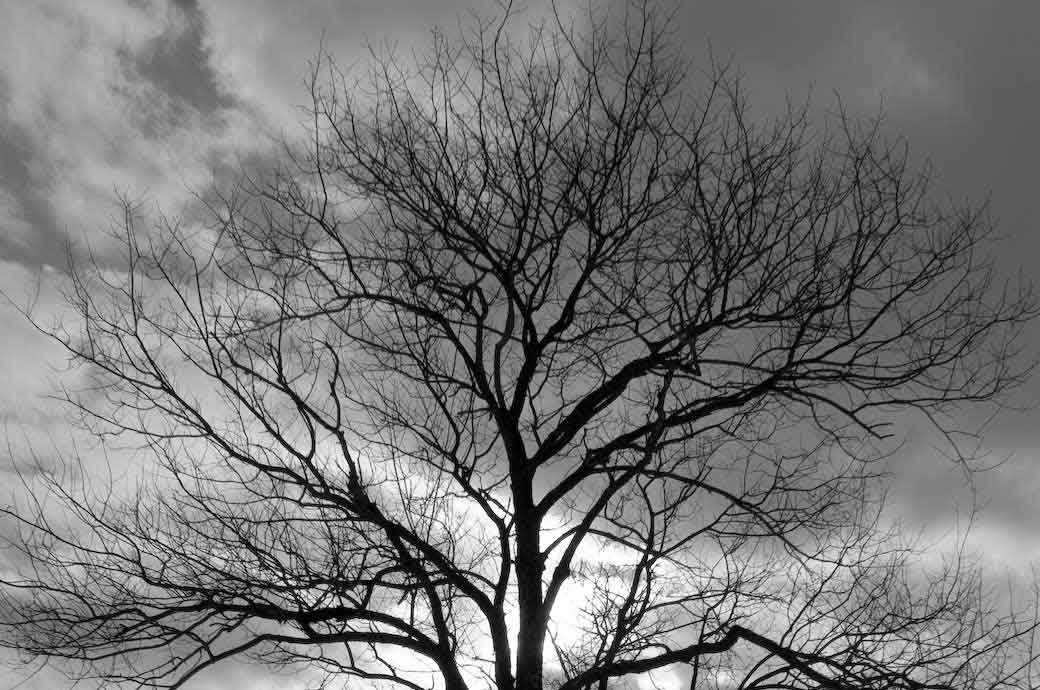RIP Edward Albee
RIP Edward Albee, playwright, author of “Who’s Afraid of Virginia Woolf?” and more…
Click HERE to read more.


RIP Edward Albee, playwright, author of “Who’s Afraid of Virginia Woolf?” and more…
Click HERE to read more.
Beth Meier and I saw had the privilege to see the great Patti Smith at the Free Library of Philadelphia. She sat for an interview (with a clueless moderator) and gave a brief reading. Fascinating! This was part of the book tour for her 2nd memoir, M Train.
Actual photo from the event (shot by Beth, who besides being my great friend is also my copy-editor):
Here’s Stephen Colbert’s interview with John Irving from a couple of days ago…this is before the bedtime story video I posted earlier…
Click HERE to watch!
Here’s the greatest living novelist John Irving reading Stephen Colbert an original bedtime story…funny…
Last night my mom and I had the privilege of watching John Irving, the greatest living fiction writer, be interviewed and give a reading from his new book, at the Free Library of Philadelphia. An amazing night. Sadly, there wasn’t a signing, but it didn’t really matter. Just to be in the same room as one of my biggest idols, listening him talk about the craft, was astounding.
Irving wrote one of the greatest novels ever (it’s my favorite novel), A Prayer for Owen Meany. His new novel, Avenue of Mysteries, was just released.
Caring too much for objects can destroy you. Only – if you care for a thing enough, it takes on a life of its own, doesn’t it? And isn’t the whole point of things – beautiful things – that they connect you to some larger beauty? Those first images that crack your heart wide open and you spend the rest of your life chasing, or trying to recapture, in one way or another?
Donna Tartt, ‘The Goldfinch’
My appearance today at the Ambler Main Street Oktober Fest has been canceled.
From Esquire magazine:
The Moment F. Scott Fitzgerald Knew He Was a Failure
And how he became the father of the modern personal essay.
By Lili Anolik
It was when he washed up that he made his big splash at Esquire. “The Crack-Up” was a confession—of having fallen down, fallen apart, fallen from grace. Yet it wasn’t needy or hysterical—the opposite, in fact, its tone strikingly free of self-pity. And though self-revelation was, ostensibly, its aim, its sole and entire point, there was as much concealing of self going on as revealing. That Fitzgerald had suffered some sort of breakdown was clear; that he also suffered from alcoholism, however, was not.
The three essays that make up the collection appeared in successive issues—February, March, and April 1936—and were an immediate sensation. An immediate scandal, too. Fitzgerald’s peers were almost beside themselves with disgust, could hardly wait to trash it. Hemingway, particularly incensed, called it “whin[ing] in public” and castigated Fitzgerald for “tak[ing] a pride in his shamelessness of defeat.” In writing “The Crack-Up,” Fitzgerald was openly admitting to feeling like a failure, something men at the time simply did not do. More—and here’s the real kicker—he made failure seem compelling, magnetic, sexy. After reading him, who could ever look at success—so robust, so wholesome, so bland—again? He changed what turned people on. The he-man-Hemingway type was out. A new type of male, a less, well, masculine type of male—the sensitive rebel, alienated and androgynous, as personified by James Dean and Elvis Presley and, slightly later, Mick Jagger and, a lot later, Johnny Depp—was on its way in.
“All songs are sad songs,” said critic Dave Hickey, an observation equally true of poems, and a poet is what Fitzgerald fundamentally was. And unrequited melancholy, not love, was his great subject: “I remember riding in a taxi one afternoon between very tall buildings under a mauve and rose sky; I began to bawl because I had everything I wanted and knew I would never be so happy again.” It’s the subject of Gatsby and Tender Is the Night, of “The Crack-Up” also, only nakedly.
With the essay, Fitzgerald didn’t just break the rules, he created a new mode of expression or, at least, reinvigorated an old one: the personal essay. Its influence can be seen in the works of Norman Mailer and Hunter S. Thompson and, perhaps most conspicuously, Joan Didion—”[My husband and I] are here on this island in the middle of the Pacific in lieu of filing for divorce”—who outdoes the master at self-disclosure that discloses little, intimacies at one remove. David Foster Wallace, too. Hemingway may have been Big Papa, but it was Fitzgerald who fathered New Journalism.
Back at it again. Does anyone know where this Sigmund Freud quote came from : “Out of your vulnerabilities will come your strength.” After much research, I’ve found mostly Daily Inspiration (yuck) and general quote sites. Not one of them, not even an article in Psychology Today, cites the source. Did Freud actually write this?